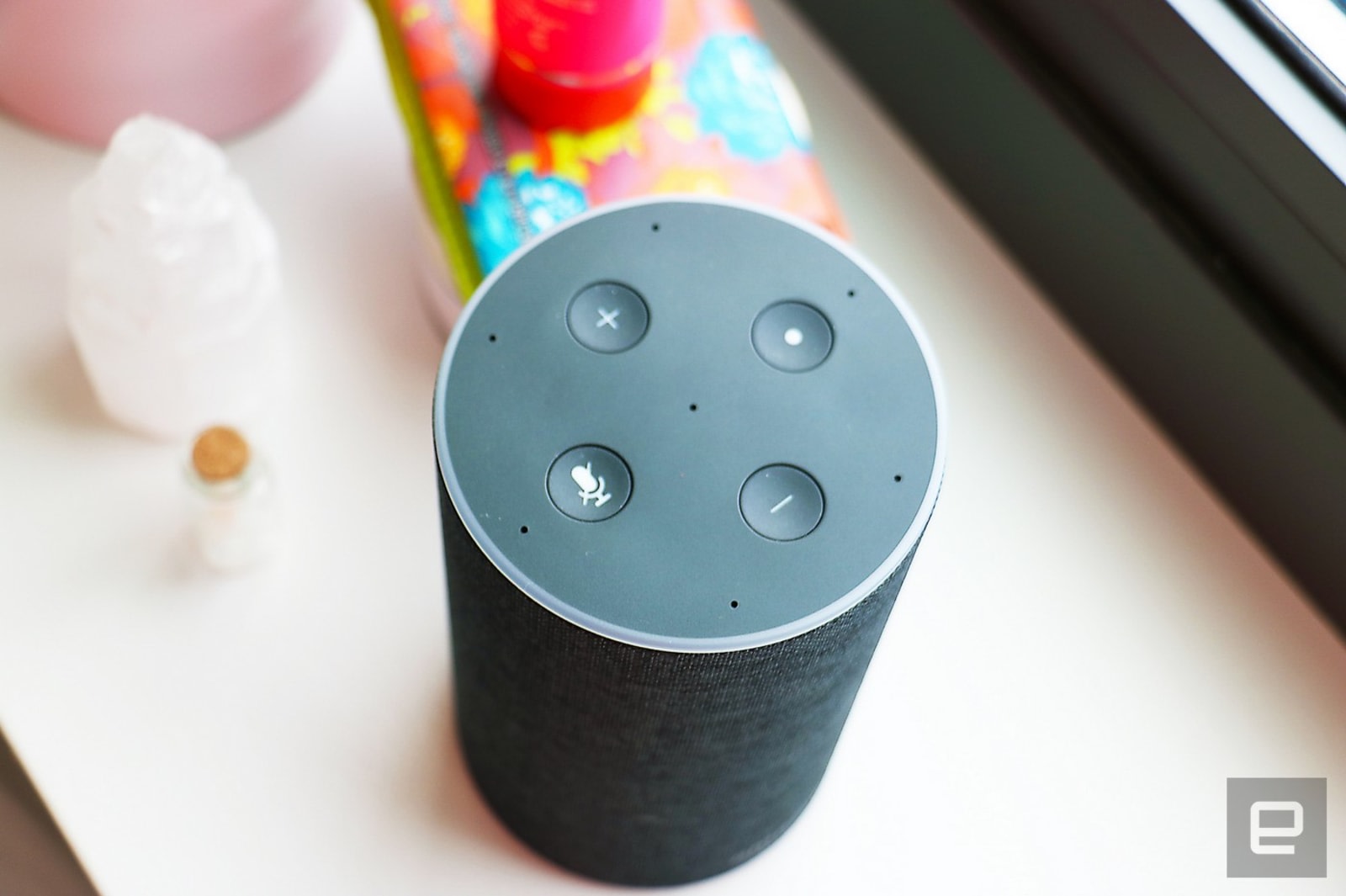Alexa will soon have a memory
Amazon's AI can also answer follow-up questions without hearing its name.
Jon Fingas, @jonfingas
Cherlynn Low / Engadget
You'd be forgiven for thinking that Amazon's Alexa was an amnesiac: it can't remember important long-term info, or even that you started talking to it a few moments ago. Soon, though, it'll be considerably less forgetful. Amazon's Ruhi Sarikaya has detailed a string of upgrades to Alexa that promise more natural conversations, particularly about familiar subjects. Most notably, Alexa devices in the US will soon have a memory: you can tell the voice assistant to remember an important fact (say, a friend's birthday) and bring that up later.
You also won't have to use Alexa's hotword every time you ask a follow-up question, much like Google Assistant. In the US, UK and Germany, the helper will soon answer secondary questions more naturally: if you ask "how's the weather," you can ask "how about this weekend" afterward. Amazon is also using its deep learning know-how to allow follow-ups that span across categories. If you ask "how's the weather in New York City," for instance, you can ask "how long does it take to get there" -- Amazon will know you're still talking about NYC even though you've switched from weather to traffic.
Amazon is also addressing one of the common gripes for voice assistants: that need to mention a third-party skill by name to use it. In the next few weeks, Alexa will use machine learning to find the relevant skill on its own. If you ask how to remove an oil stain from your shirt, Alexa will call up the Procter & Gamble skill to walk you through removing that unsightly mark. It's going to be limited at first, and could be annoying if it points you to the wrong skill, but it beats having to discover a skill in order to try it.
Sarikaya readily admitted that there are plenty of challenges left, not the least of which is helping Alexa choose from "tens of thousands" of Alexa skills. Remember how researchers recently created a skill that could listen in to conversations? And we'd add that voice assistants are still a long, long way from their sci-fi counterparts -- they may deliver the right answers, but they don't truly understand you. Still, this could go a long way toward eliminating the awkward, robotic conversations you frequently experience today.
No comments:
Post a Comment